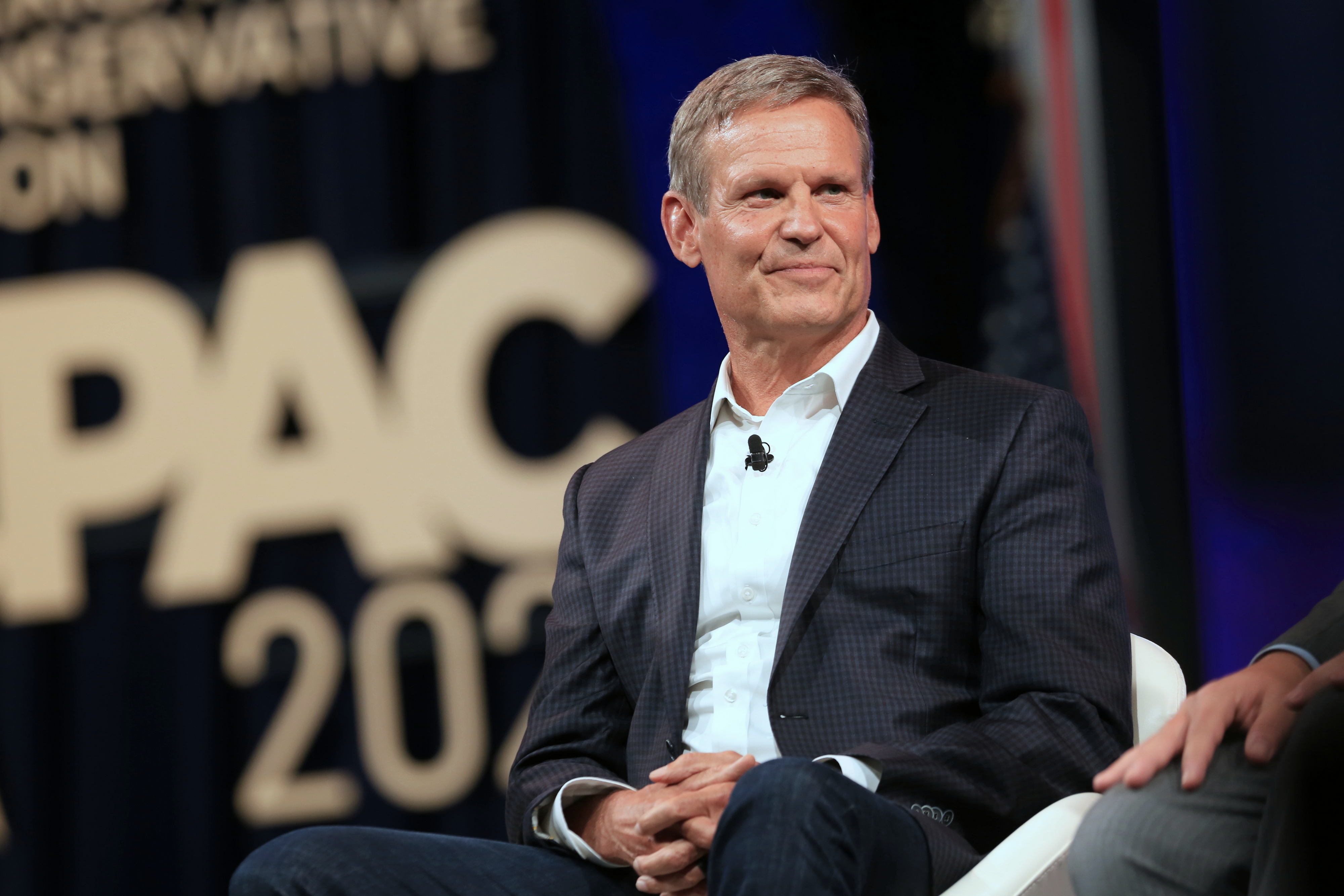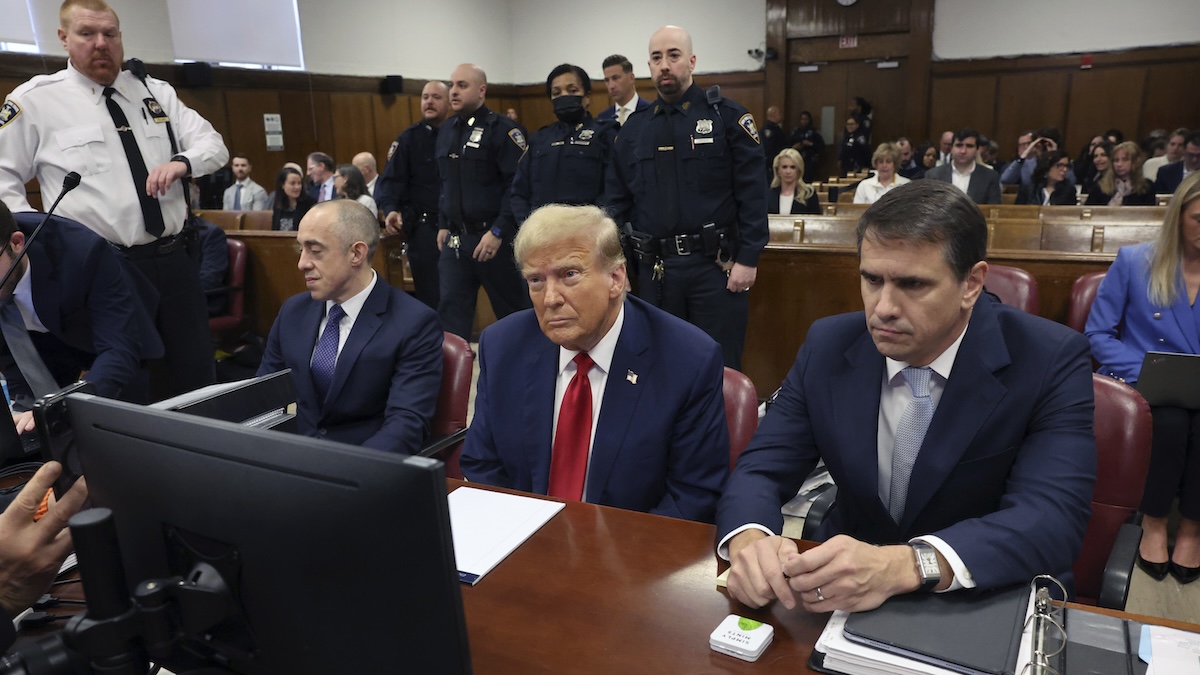President of the United States. It's a title that long has held the cachet of belonging to the most powerful person in the world.
But events past, present and possibly futuristic seem to have brought sobering reality to that notion -- especially the recent global economic meltdown.
"In some ways, it's beyond anybody's power to control," said James Hamilton, Ph.D., an economics professor at UCSD.
"We haven't had this degree of financial turmoil in any of the downturns since World War II in the United States," Hamilton said in an interview, explaining why the next resident of 1600 Pennsylvania Avenue, Washington, D.C. may face a longer road to economy recovery than the two-year road to the the White House.
"A recession in recent years has been nine to 12 months," Hamilton noted. "The current downturn may well have started in December of '07. And it's got quite a ways to go yet, in many people's minds. So I don't think we'll be seeing anything too quickly here. And there's still a lot of uncertainty."
That uncertainty includes how to control inflation and stave off "deflation" -- the collapse of prices -- and the timely, proper adjustment of interest rates.
"I think the key parameter at the moment is probably real estate prices," Hamilton said. "The more the decline, the longer they decline -- that's what's going to cause the real problems."
Politics
While Jeffrey Lacker, head of the Federal Reserve's Richmond, Virginia branch told an audience at Hebrew University in Jerusalem that "many analysts" expect "positive (economic) momentum sometime in 2009," indicators are that full recovery is somewhere beyond the near horizon.
And the next President won't be able to direct influence events or pull levers of power until he's inaugurated January 20, 2009.
So what happens in the interim?
"it's really something where we're going to see immediate decisions made by the Federal Reserve, the secretary of the Treasury. And a lot may be resolved by January," Hamilton said. "Or, there still may be a lot on the table. But I think it's a mistake to expect too mu ch of the election to change those fundamental dynamics."
According to Hamilton, the meltdown in the credit markets was precipitated in part by the lack of foresighted lawmaking and regulations to ride herd on the complex financial derivatives that have evolved and were unbridled by longstanding rules of the financial road.
"My expectation is that whoever gets in charge is going to be doing that (correcting the situation)," he said. "We do need more regulation. but to some extent, there's a question of closing the barn door after the horses have left.
"So we can try to fix those problems so they wouldn't recur. But how do we get out of the current mess? That's a more challenging problem."



